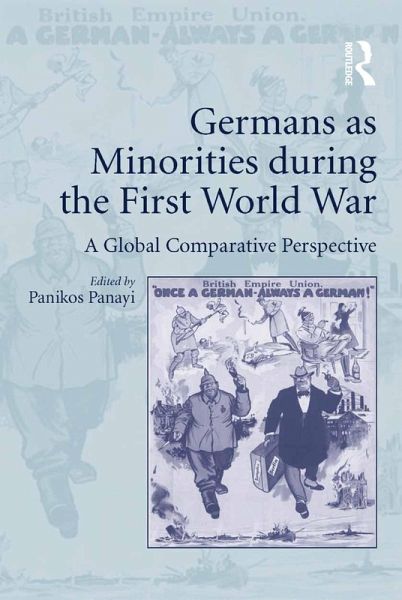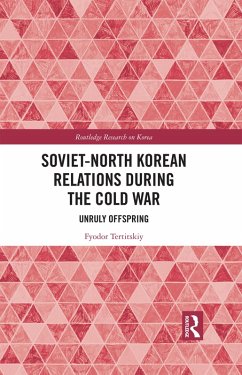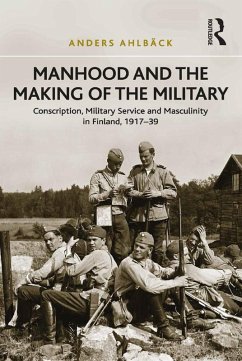
Germans as Minorities during the First World War (eBook, PDF)
A Global Comparative Perspective
Redaktion: Panayi, Panikos
Versandkostenfrei!
Sofort per Download lieferbar
46,95 €
inkl. MwSt.
Weitere Ausgaben:

PAYBACK Punkte
23 °P sammeln!
Offering a global comparative perspective on the relationship between German minorities and the majority populations amongst which they found themselves during the First World War, this collection addresses how 'public opinion' (the press, parliament and ordinary citizens) reacted towards Germans in their midst. The volume uses the experience of Germans to explore whether the War can be regarded as a turning point in the mistreatment of minorities, one that would lead to worse manifestations of racism, nationalism and xenophobia later in the twentieth century.
Dieser Download kann aus rechtlichen Gründen nur mit Rechnungsadresse in A, B, BG, CY, CZ, D, DK, EW, E, FIN, F, GR, HR, H, IRL, I, LT, L, LR, M, NL, PL, P, R, S, SLO, SK ausgeliefert werden.













